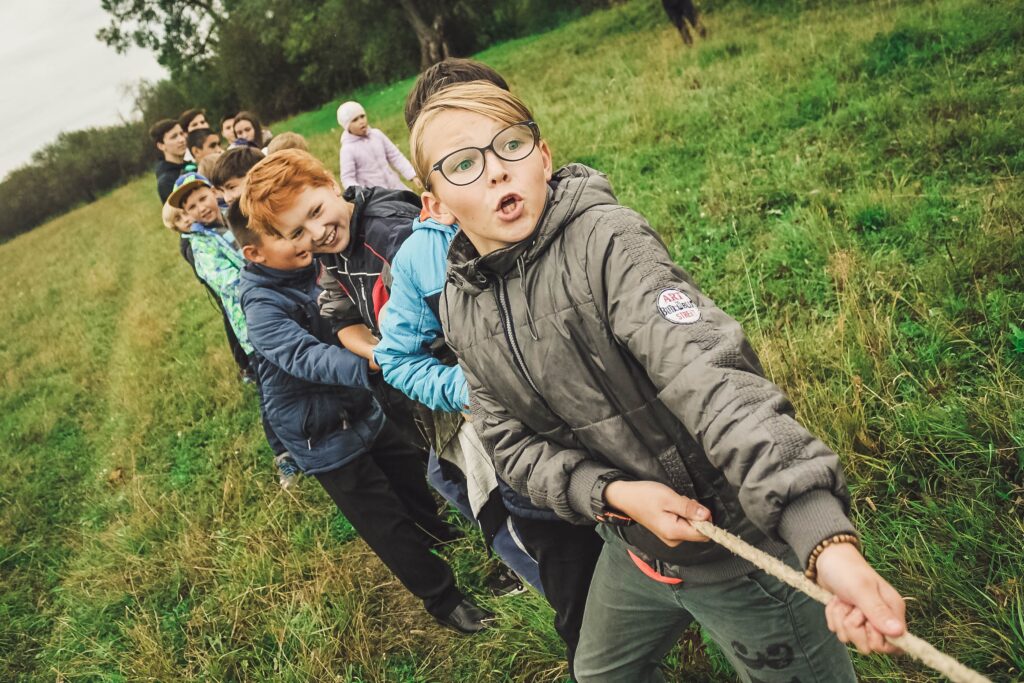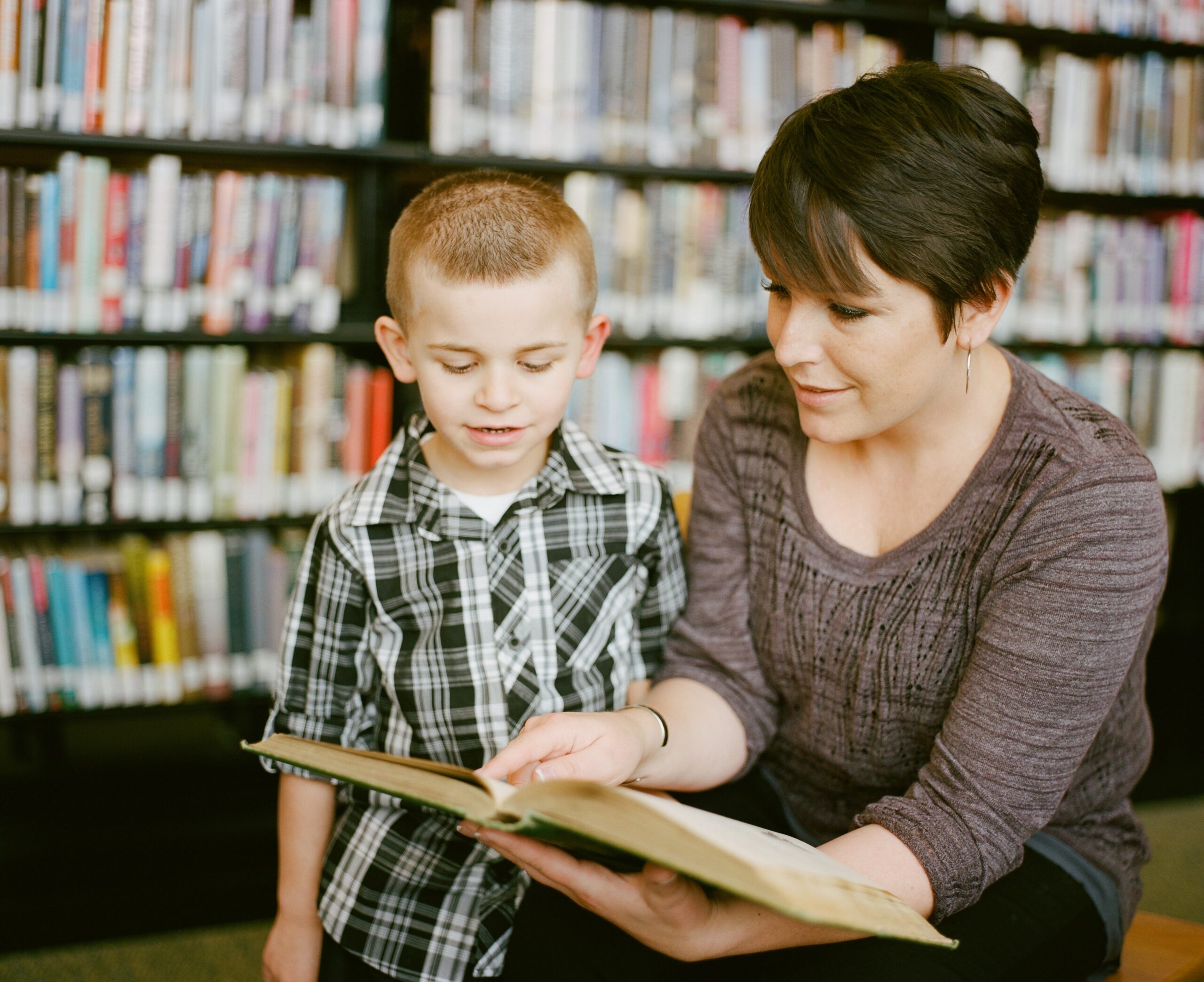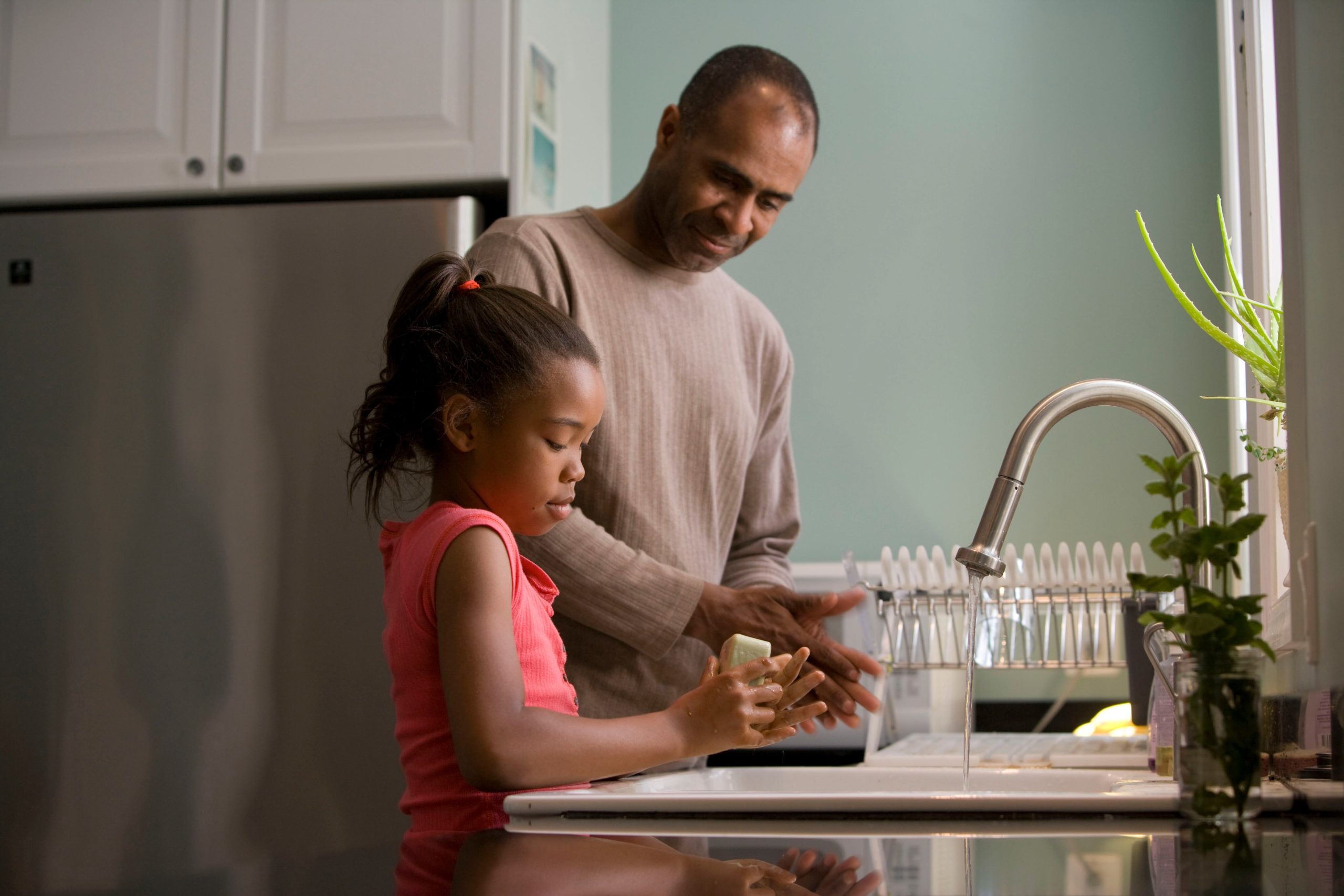
Homeschooling has become far more popular today then it was in years past. Many parents are pulling their kids from public school or they start out homeschooling from day one. No matter when you choose to homeschool, having a homeschool community to rely on can be so helpful! With the growth in parents homeschooling, there are many more options available to get involved in activities and groups then ever before. We want to talk about two options that many families choose and the differences between them.
Co-op
First up, cooperatives, or the more commonly used term, co-op. A homeschool co-op is a group of families that mainly get together for educational classes and will have extra social gatherings mixed in. There are classes offered on a regular schedule and sometimes planned field trips or other activities that you wouldn’t otherwise do on your own.
As co-ops are organized by other homeschool parents, whether kids are grown or they are still in the thick of it, they will usually have each parent volunteer in some compacity. This may be teaching a class, planning a field trip, or helping out in the child care area. Though, there is the occasional co-op that has parents share in the cost to hire someone to teach the classes.
Co-ops will have an established meeting place. This can differ from group to group, some meeting at a church, library, someone’s house, or any other place that could be rented out/used with permission. There will also usually be a set schedule of when they meet and the times classes are offered. This could be weekly, biweekly, or even once a month. For example, a co-op group may meet every Thursday from 8:00-noon for classes, with time after for lunch and free play. During the block of time for classes a rotating schedule may be set up. This gives more opportunity for your child to take the classes that interest them.
Getting involved in a homeschool co-op can give children a sense of belonging and opportunities for friendships. As well as learning something they may not have had the chance to before. Enrichment classes like music, art, drama, or coding are often offered, and typically taught by a parent that is proficient in the subject. Some co-ops will even have classes to help with core subjects, like math and language arts. Co-ops can also be beneficial for parents as it allows you to gain a community of parents that are all going through similar things.
Most co-ops will have some type of fee to participate. The fee would go towards purchasing supplies, cost of renting a space, or be used for various field trips or activities. Although there may be a fee, it is almost always minimal and more cost effective then trying to do all the things offered on your own.
Social Group
A homeschool social group is basically what it sounds like, a group of homeschooling families that meet together for social interactions. These groups can vary from one to the other, but the overall purpose is the same. That purpose being a chance for kids and parents to socialize with other homeschooling families. A lot of the time the group will have a set leader (or a few leaders) that plan out the activities and manage the schedule. Typically there is no cost to participate in a social group, though there may be the occasional entry fee (like at the zoo) or supplies that need bought for a craft/activity.
Social groups will have varying schedules of when they meet with some being weekly, biweekly, or monthly. Perhaps a set day and time each week works for one group, while another group prefers to adjust depending on the needs of the group. Some groups are very relaxed and just meet up at parks so the kids can play and the parents can chat. Others have a theme that guides their activities, like a nature group that explores nature each time they get together. Some like to do a combination of things like playing at the park, going on field trips, crafting, etc.
With social media as prevalent as it is, there are many social groups set up through Facebook. They use the group features on the platform to organize activities and communicate with the members of the groups. These groups typically cover a wide geographical area. For example, a group might be open for anyone who lives within a specific county or several counties if the homeschooling population is a bit smaller for the area. These groups will usually have varying attendance by members and give you a chance to meet many different families.
Other social groups are put together by word of mouth and are typically a smaller group of families. They will usually be families that have something in common, have met in previous groups and wanted something more intimate, or simply just live closer together and makes it easier to meet. However the group came to be, these groups are vary similar to larger groups in the sense that they also have some type of schedule of when to meet and do different activities depending on the group.
Social groups can be a wonderful outlet for both parent and child(ren). Lasting friendships can be made, fun can be had, and belonging to something bigger then yourself blossoms. It can be so encouraging for a child to be around others that are also homeschooling. It can help them feel less alone in this journey, especially if many of their friends are in public school. Of course, these are equally helpful for parents as they talk with others that know the things they are going through, or to be able to get ideas on curriculum or family activities from other homeschooling parents.
Your Homework:
What’s a homeschool blog without a little homework?
- Search your area for a co-op or for social groups. Check them out and see if it is something you want to participate in.
- If you don’t feel like getting involved in one of these type of groups, find something else for your kiddo to do.
- Check out our post on socialization for some ideas on things to get involved in.
- Create a group of your own if you don’t find one you like.






+ show Comments
- Hide Comments
add a comment